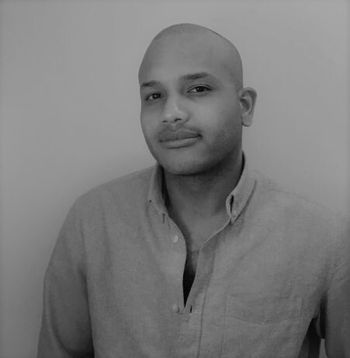Kneel or stand? Lawmakers, East Tennessee State admin clash over national anthem
The East Tennessee State University (ETSU) men’s basketball began kneeling during the national anthem.
The incident perpetuates a style of advocating social justice that continues to divide millions of Americans.
State lawmakers sent a letter to university administrators, demanding they hold players to a higher standard.
State lawmakers in Tennessee sent a letter to state-funded public universities after members of the East Tennessee State University men’s basketball team kneeled during the national anthem.
In February, according to NewsChannel5, the East Tennessee State University men’s basketball began kneeling during the national anthem, following NFL quarterback Colin Kaepernick’s example and upsetting Republican state lawmakers who said their behavior was unbecoming of student-athletes representing Tennessee’s public colleges.
“We do not condone any form of protest that could be viewed as disrespectful to our nation or flag while [student athletes] are representing our state universities,” Lieutenant Governor Randy McNally and twenty-six state senators wrote this February in a letter to the chancellors and presidents of the University of Tennessee System and other state-funded universities.
“When they don the jersey of a Tennessee university, they step out of their personal roles and into the role of an ambassador for our state,” and “we expect all those who walk on the field of play…to show respect for our national anthem,” the letter continued.
[RELATED: UTexas donors succeed in saving ‘Eyes of Texas’ song from cancel culture]
According to the Johnson City Press, ETSU coach Jason Shay said his players “by no means” intended to disrespect “our country’s flag or the servicemen and women that put their lives on the line for our nation.”
“No one knows the sacrifice, the fear, the pain, the anxiety, the loss that they’ve experienced fighting for our country’s freedom and rights,” he said, “but many of us don’t know the same sacrifice, fear, pain, and loss [of] people of color” reminding him that “some things are just bigger than basketball.”
State Representative Rebecca Alexander said kneeling during the national anthem was inappropriate. “There are Black people [who] have died in this country for our freedom,” she told Newsweek in February, “This is Black History Month. We should be celebrating those men.”
[RELATED: Students sue UT-Austin over COVID-era tuition]
The team’s kneeling was a “shock” to the community, she added, alienating donors who have since called the university to say “‘I’m not going to give money anymore to the school, I’m not coming to any more games.’”
A similar controversy happened at Bluefield College in Virginia, as Campus Reform previously reported, when its men’s basketball team began kneeling during the national anthem.
“After discussing the situation, I shared with Coach [Richard] Morgan that kneeling during the anthem would not be allowed going forward,” President Olive said after the incident, “I instructed him to share that with his team. I then instructed VP [Tonia] Walker to communicate this prohibition to all the head coaches.”
[RELATED: ‘Sex Week’ at Tulane University features ‘Black Sex’ talk for ‘Black students only’]
But the team continued to kneel. When players knelt yet again, Olive suspended every player for one game, forcing coach Morgan to forfeit an upcoming contest against Reinhardt University.
East Tennessee State University President Brian Noland isn’t likely to punish athletes protesting the national anthem. In a statement released on February 25, he said he was “dismayed by the intensity of attacks towards our students” and called for the ETSU community to have “difficult conversations in a meaningful, civil, open, and honest way.”
“Regardless of your position on our students’ decision to kneel for the national anthem,” he said, “we are all members of the ETSU community and must support one another.”
A spokesperson for the University of Tennessee System said that “ETSU is in receipt of the letter” and “will undertake a review of our existing athletic policies.
Follow the author of this article: Dion J. Pierre

